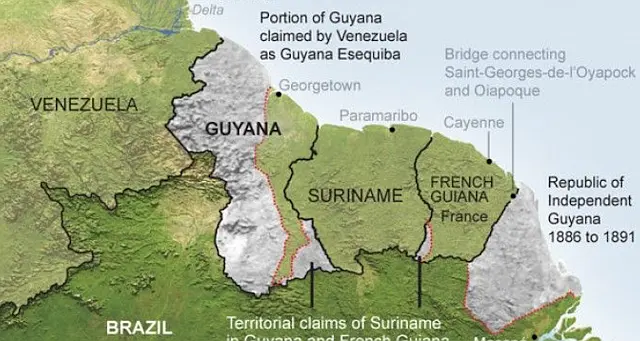Venezuela’s Electoral Council announced that over 20.6 million people can vote in the Esequibo referendum on December 3.
The Council’s President, Elvis Amoroso, clarified that the total number of registered voters is higher.
However, only Venezuelan citizens can vote on this national issue, not foreign residents.
Amoroso also revealed that 15,857 voting centers and 28,027 voting tables will be ready. These centers span across all 24 Venezuelan states and 335 municipalities.
Additionally, on October 23, the Council released the five questions for the referendum.
Meanwhile, the Guyanese government accused Venezuela of trying to undermine its sovereignty.
They reacted to Venezuela’s proposal to consult its citizens on forming a new state, Guayana Esequiba.
In reply, Venezuela said the consultation is a democratic right and is legal.
This dispute between Venezuela and Guyana is not new. It’s been ongoing for over a century and focuses on the oil-rich Esequibo Region.
Both countries signed a peace agreement in 1966. Yet, in 2018, Guyana asked the International Court to validate its full control over the area.
Background
The Esequibo dispute has deep historical roots, dating back over a century. Both Venezuela and Guyana claim the territory due to its rich natural resources, especially oil.
In 1966, the countries tried to find a peaceful solution by signing an agreement. However, the situation escalated in 2018 when Guyana went to the International Court.
This referendum in Venezuela adds another layer to the already complicated issue. While it gives voice to Venezuelan citizens, it’s met with skepticism from Guyana.

The geopolitical implications are huge, affecting not just the two countries but also international dynamics.
It’s crucial for both nations to address this issue carefully, keeping in mind its long history and the potential for future conflict.

